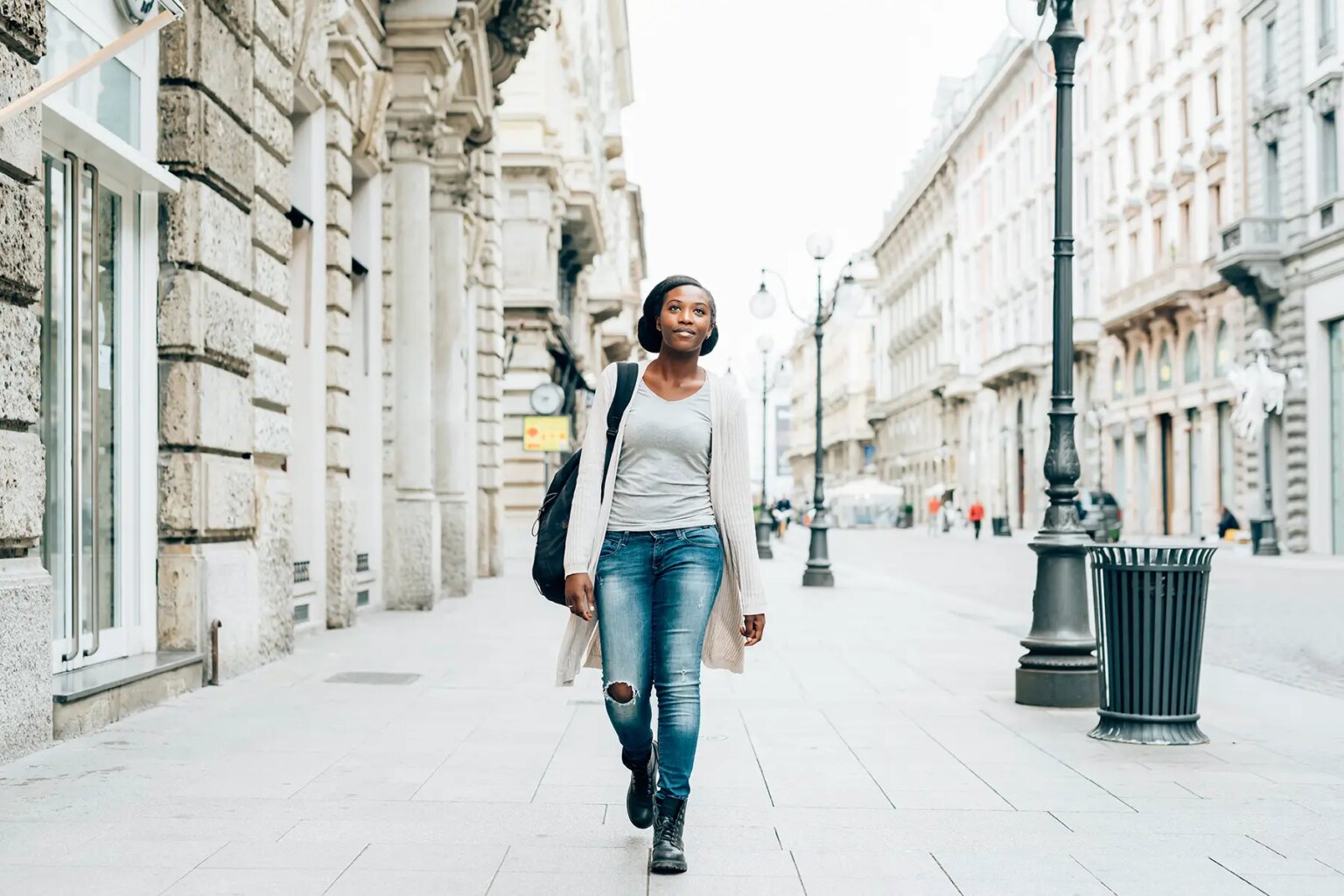Expelling America’s obsession with race
Firstly, being a black woman abroad taught me that America’s futile obsession with race does not define me. This is the case even though it’s done it’s best to convince me that I’m not relationship material, that I’m loud and otherwise ignorant, that I’m socially inept, and that if I’m financially successful, I’m an anomaly.
In contrast, the people in every country I visit are interested in me because I’m a black woman. They listened when I spoke and wanted to know about black culture in America. Bit by bit, with each journey, I expelled all remnants of a racist ideology that, unwittingly, I had internalized.
By the time I moved to the Netherlands, the slate was clean enough for me to inscribe my own definition of who I was. Dutch culture does not see blackness first and foremost, nor does it place a stigma on skin color. Therefore, instead of focusing on how others perceive me because of me being a black woman abroad, I feel empowered to focus on my creative potential as an author, mother, and individual.
Becoming more body-confident
America’s obsession with race extends to the black community, where it is deepest in our negative body image. Nowhere is this felt with greater intensity than among black women and our hair. We’ve managed to politicize something as personal as hair care. Hair continues to divide us. Even now, we’re in the middle of a polemic. One side tells us that if we chemically process our hair, we’re ashamed of our heritage; they say we have a poor self-image. It’s as though sporting natural locks could somehow obliterate all of our issues, past and present.
In the absence of Dudley products, I grounded my body image in other areas besides the physical. I started paying attention to the fact that people respond to my openness and notice my genuine interest in their culture; they recognize my growing self-confidence. That, in turn, empowered me to love the body the good Lord gave me (with tweaks here and there). I’m a lovely shade of brown, my body is healthy, and my hair is versatile. I’ll change my hairstyle depending on what part of my character I want to express that day. Being a black woman abroad has taught me that my brown body is just that: a brown body. I get to tell the world exactly what that brown body stands for, not vice versa.
Finding my voice by being a black woman abroad
In addition to learning that my hair and that America’s racist ideology do not define me, traveling abroad taught me that I have a distinctive voice. As in writing, voice doesn’t limit the words I use; it extends to how I get my message across. The fact that I travel abroad speaks volumes to the multi-dimensional identity of black women in general. The way I dress, how I pass along the legacies of the black culture to my children, how I interact with my husband, down to how I try to dance on the cross-trainer at my gym listening to Prince, George Clinton, and the Doobie Brothers; these are all extensions of the voice I carry within.
When I turned to words, I connected with other sisters about being a black woman abroad; I tuned into that vibrant community. I learned that we could be, and were, an indispensable support for one another. We shared past hurts, present successes, and future dreams. Their voices, expressed through their stories, resonated with and fused into mine, making it stronger, clearer, and more eloquent. As I look back over decades of traveling abroad, I realize that my journeys haven’t been about stepping outside my country; they’re about venturing internally towards a definition of my black womanhood in my own terms and on my own terms. Those journeys have empowered me to successfully live beyond the limitations of my comfort zone, beyond the limitations of my identity.





